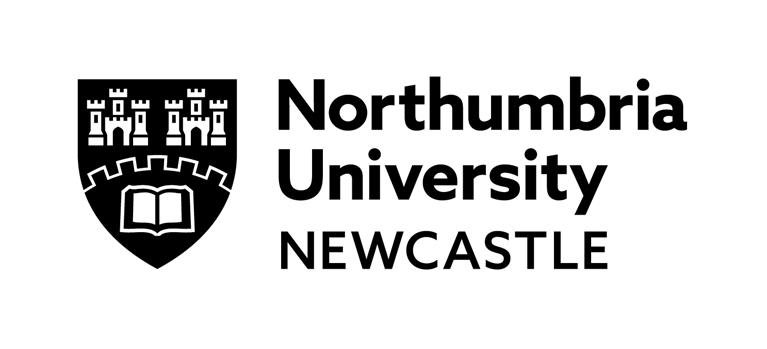Masters degrees in Psychology study the human mind and its relationship with human and behaviour. They focus on the science of various mental states and the way the mind desponds to different circumstances.
This discipline includes a wide range of specialisations, many of which have clear practical and vocational outcomes. You could focus on treating individuals through Child Psychology, Cognitive Psychology or Counselling Psychology. Alternatively you could provide support to groups and organisations with a degree in Business Psychology or Occupational Psychology.
Courses can be taught or research-based. Academic programmes will award MSc, MRes or MPhil qualifications as appropriate. Other programmes may lead to professionally accredited qualifications, recognised by groups such as the British Psychological Society and allowing you to train or register as a clinical practitioner.
Masters degrees in Psychology offer the opportunity to delve deeper into this discipline and develop advanced knowledge and skills that can be applied across a range of fields. Psychology is a constantly evolving field, with new theories and research emerging all the time. Pursuing a Masters in Psychology allows you to stay up-to-date with the latest developments and be at the forefront of shaping the future of the field.
Postgraduate study in Psychology can also provide you with transferable skills that are highly valued in a variety of fields. For example, studying Psychology can help you develop critical thinking, analytical and research skills, as well as effective communication and problem-solving abilities. These skills are useful in many different sectors, including business, education, marketing, and social work. Moreover, a Masters degree in Psychology can open up opportunities to work in research, either in academia or industry, where you can apply your knowledge and skills to help solve real-world problems.
Why study a Masters in Psychology?
Postgraduate programmes in Psychology can lead to a wide range of careers. The most obvious involve working with national health services or private clinics, treating patients and providing support to people in need.
Such work can be challenging, but highly rewarding, with opportunities to specialise in areas such as child psychology or marriage counselling. Bear in mind that most clinical roles will require accredited qualifications as part of (or in addition to) a Masters degree.
Other opportunities for Psychology postgraduates are available in more surprising fields. The pressures of high profile sporting or entertainment careers often lead athletes, actors or musicians to seek support from specialist therapists. Some large companies also employ professional business counsellors and psychologists in order to help support their workforce.

 Continue with Facebook
Continue with Facebook












































